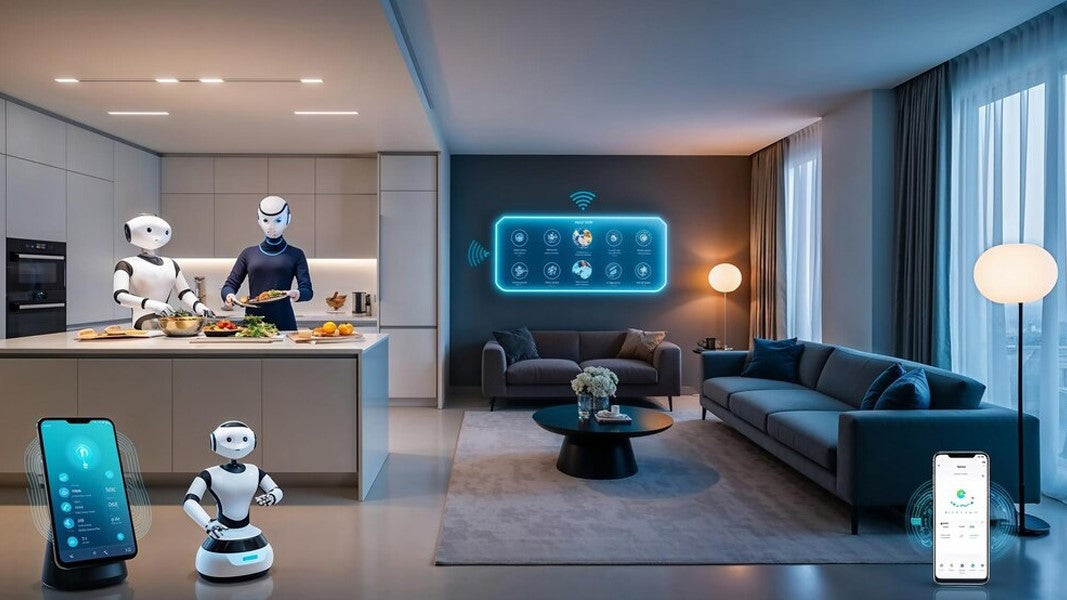The concept of smart homes is evolving rapidly. By 2030, smart homes are expected to offer full automation, where appliances, lighting, and even energy systems operate seamlessly without human intervention. Powered by AI, future smart homes will learn user preferences and adapt accordingly.
For example, smart lighting systems will adjust brightness and color based on your mood and time of day. Climate control systems will regulate temperature by analyzing weather forecasts, energy consumption, and occupancy patterns. Even mundane tasks like grocery shopping could be automated as smart refrigerators track inventory and place online orders when supplies run low.
Security will also see a massive upgrade. Advanced facial recognition, AI-powered cameras, and voice authentication will make homes nearly impenetrable. Beyond convenience, smart homes will emphasize sustainability. Solar-powered systems, energy-efficient devices, and AI-driven energy management will reduce the carbon footprint of households, aligning with global sustainability goals.
However, as homes become smarter, the risks of cyberattacks increase. Ensuring robust cybersecurity measures will be vital to protect personal data and maintain trust in smart home technology.

Share:
The Rise of AI-Powered Wearables: Revolutionizing Personal Health Monitoring
Augmented Reality Devices: Transforming How We Interact with the World